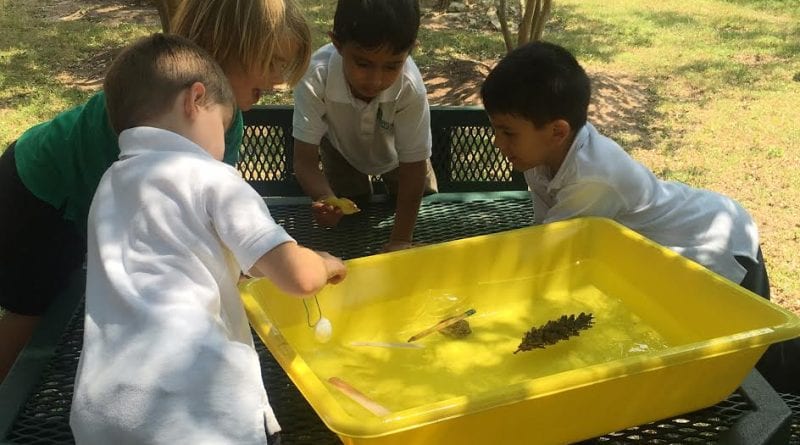The IB Approach to Education
Think back for a moment, to your experiences of school. What were those days like for you? Do you hold fond memories of your time? Or perhaps, they were not times that you reflect upon positively. However you feel about your primary school experiences, more importantly, I would like you to consider how well they prepared you for your life ahead.
More so than ever before, as educators, we are preparing children for a vastly changing, and unknown future. Technological advancements, the changing face of the work place, simmering political tensions and scientific progression, all contribute to an ever-changing expectation of what and who our students will become. The bottom line is, we do not know who they will become, or what options will be available to them at that time; therefore, we must formulate an educational path for them that produces highly adaptable and capable adults, ready for whatever life has in store.
Traditional and conventional methods of education are rendering themselves obsolete in preparing children for the challenges that lie ahead; their schooling, career paths and life experiences. As the world’s expectations and ‘goal posts’ shift, so too must education’s responsibility to prepare children for future life. Rote learning, fact-based studies, sterile classroom environments, educators regurgitating curricula to impassive students, and pressurized, assessment-driven studies are counter-intuitive to this aim.
An IB education seeks to offer a solution.
“The aim of all IB programmes is to develop internationally minded people who, recognizing their common humanity and shared guardianship of the planet, help to create a better and more peaceful world.” [International Baccalaureate Organization, 2013].
It is a holistic and inquiry-based approach to learning, founded in a philosophy of creativity, imagination and independence. Through inquiry, action and reflection, the programme aims to develop students’ abilities to think, self-manage, research, communicate and collaborate effectively and efficiently. An IB education seeks to guide and nurture students towards being knowledgeable, conscientious, pro-active, and free-thinking citizens, who are globally-aware, and culturally tolerant.
Through ‘units of inquiry’, an IB student’s studies fall within 6 themes, which transcend the conventional boundaries of discrete, individually taught, subject areas. These themes; Who We Are, Where We Are In Place and Time, How We Organize Ourselves, How The World Works, How We Express Ourselves, and Sharing The Planet, encourage students to delve deeper and become immersed in their areas of focus, and make connections between their learning and the real world around them. Traditional subject areas are immersed within each of these themes, so that students can see the inter-connectivity of everything that they are learning.
In addition, a large focus is placed on the pastoral, social and emotional development of students, with the understanding that by acquiring and effectively applying the knowledge, attitudes and skills necessary to understand and manage emotions, students will be able to set and achieve positive goals, feel and show empathy for others, establish and maintain positive relationships, and make responsible decisions.
In a world of unknowns, an IB education creates students who are ready, confident and able. IB students are motivated, globally-minded and socially conscious citizens, primed and inspired to take thoughtful action for the betterment of the world around them. They are the leaders and learners of tomorrow, and I know that they will be the ones who will make a positive difference in the world in the years to come.
-Eleanor Mitchell, Deputy Head, International School of Texas
Take a look at International School of Texas, a non-profit, independent private school serving the areas of Bee Cave, Lakeway, Steiner Ranch, Four Points, River Place, Westlake and the surrounding communities. The school’s mission is to provide students with rigorous academics while growing global citizens and global leaders. Visit their website to learn more or call (512) 351-3403 to schedule a tour.

